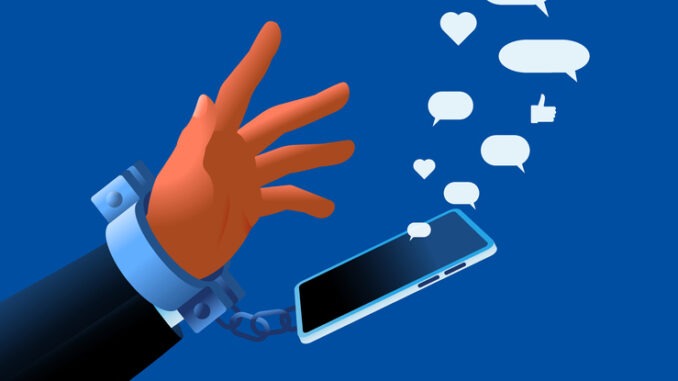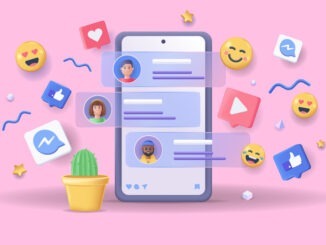In this era of digital connectivity, the quest for balance between social media and mental health is paramount. Explore pragmatic approaches to fortify your well-being in the online sphere.
CREDIT: This is an edited version of an article that originally appeared on HSE Network
In our hyper-connected world, social media wields an undeniable allure. Instagram inspires, Twitter informs, and Facebook connects us with friends and family. This digital landscape, however, carries profound implications for our mental health. Striking a harmonious online-offline equilibrium is paramount for our well-being.
The allure of social media
Social media platforms are expertly designed to ensnare our attention. They offer an unceasing stream of tailored content, captivating us for hours. The endorsement we receive through likes, comments, and shares can be intoxicating, boosting our self-esteem and fostering a sense of belonging within a vast online community. Yet, this unceasing digital connection bears a cost.
The downside of social media
While social media can serve as a source of joy and connection, it harbours a dark side. Excessive use has been linked to mental health afflictions such as anxiety, depression, and loneliness.
The internet has also become a breeding ground for bullying and harassment, known as cyberbullying. Its consequences can be severe, ranging from anxiety and depression to, in extreme cases, even suicide. Furthermore, social media often compels us to compare ourselves with others, exposing us to seemingly perfect lives that can undermine our self-worth. It is crucial to remember that what is shared represents only a fraction of reality, not the full narrative.
Simultaneously, scrolling through posts detailing parties, vacations, and social gatherings can trigger FOMO (Fear of Missing Out), inducing feelings of desolation and exclusion, particularly among younger users. On the flip side, excessive online engagement can lead to social isolation, diminishing our face-to-face interactions and weakening real-world relationships. It is essential to recognise that social media, whilst valuable, should not replace crucial in-person connections.
Striking the right balance
Though the adverse repercussions of social media on mental health are disconcerting we must remember that the medium itself is not inherently damaging; it is our usage that holds the power. Here are strategies for attaining equilibrium and preserving mental health in the digital age:
- Monitor screen time: Set daily limits for your social media usage. Most devices offer apps and features that help you regulate screen time – use them to regain control of your digital presence.
- Block negative content: If certain accounts or content provoke anxiety or unhappiness, unfollow them. Curate your online experience to encompass positive and uplifting content.
- Embrace mindfulness: Be attuned to your emotions while navigating social media. If feelings of jealousy, insecurity, or sadness surface, take a break and engage in activities that elevate your mood.
- Prioritise face-to-face connections: Dedicate time to nurturing in-person relationships. Strive to connect with friends and family in the physical realm or via phone calls.
- Stay informed: Equip yourself with knowledge about the impact of social media on mental health. This understanding empowers you to make informed decisions regarding your online pursuits.
- Ask for help: If you grapple with the adverse consequences of social media on your mental well-being, do not hesitate to seek support from friends, family, or a mental health professional. You are not alone, and resources exist to help.
Social media’s influence on mental health encompasses both the positive and the negative. Striking an equilibrium requires self-awareness, discipline, and a commitment to prioritising our well-being. By limiting our online hours, curating our digital experiences, and nurturing genuine connections, we can harness the advantages of social media while preserving our mental equilibrium. Remember that you have the power to control your digital presence, and it’s crucial to use it wisely to maintain a healthy mind in the digital age.



Be the first to comment